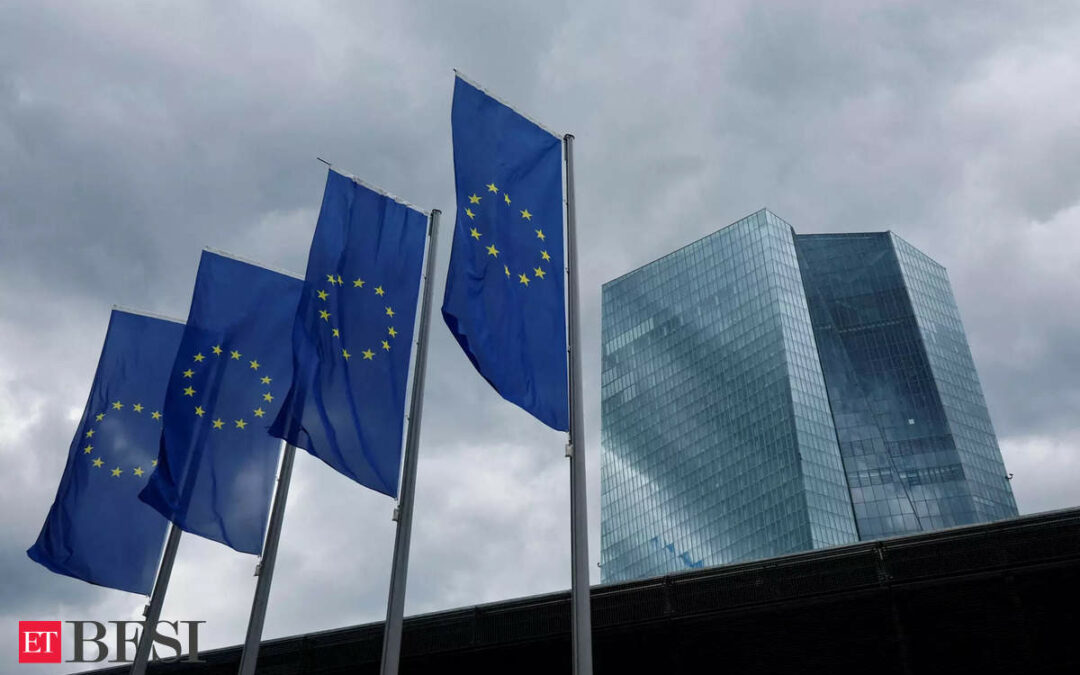Four foreign banks caught in a regulatory stalemate between European Union and Indian regulators are likely to make a request to their individual home authorities in the coming days to extend a deadline to trade with the principal local clearing house for government bonds.
In upcoming quarterly updates, Deutsche Bank, BNP Paribas, Credit Agricole and Societe Generale are likely to request the BaFIN (the German federal financial supervisory authority) and the French regulator AMF for an extension of at least six months for an October 2024 deadline to stop transacting with the Clearing Corporation of India (CCIL), sources aware of the developments told ET.
Deutsche Bank and Societe Generale declined to comment on the matter. Emails sent to BNP Paribas and Credit Agricole did not receive responses until press time. The ESMA did not immediately comment on the matter.
“The requests from the banks will most likely go next week or a few days after that. The holiday season starts in Europe soon and by the time everything restarts, the existing October deadline would be much closer for the four banks,” a source said.
“There have been meetings between the ESMA, home regulators and the banks over the last couple of months. At those meetings, the ESMA has asked the banks for clarity on the alternative third-party clearing model being considered and the regulatory stand of the Reserve Bank of India,” the source said.
In October 2022, the ESMA de-recognised six Indian clearing houses including the CCIL, with effect from May 2023. The move came after the RBI refused the European body rights of audit and inspection over the CCIL, which hosts the trading platform for Indian government bonds and interest rate derivatives such as overnight indexed swaps.
Subsequently, the national regulators in France and Germany provided time till October 2024 for banks from their countries to comply with the ESMA’s de-recognition of the CCIL.
ET had reported on May 28 that at an April meeting with RBI officials including Deputy Governor T Rabi Sankar, the four foreign banks had sought the central bank’s approval for an alternative third-party clearing model.
Pending a resolution of the matter between the ESMA and the RBI, the third-party clearing model proposes to let the four foreign banks go through Indian banks as clearing intermediaries for trading in bonds and derivatives.
“Apart from needing the RBI’s approval for any new clearing model, there are also pending issues from the side of the four banks when it comes to the third-party arrangement, especially on client confidentiality for the custodian banks,” another source said. “This is where the need for the extension of the October deadline becomes all the more important – so that banks have more time to get all the systems in place,” the source added.
The four foreign banks together play a considerable role in Indian bonds and derivatives, with some of them serving as large custodians of overseas flows into local markets.










